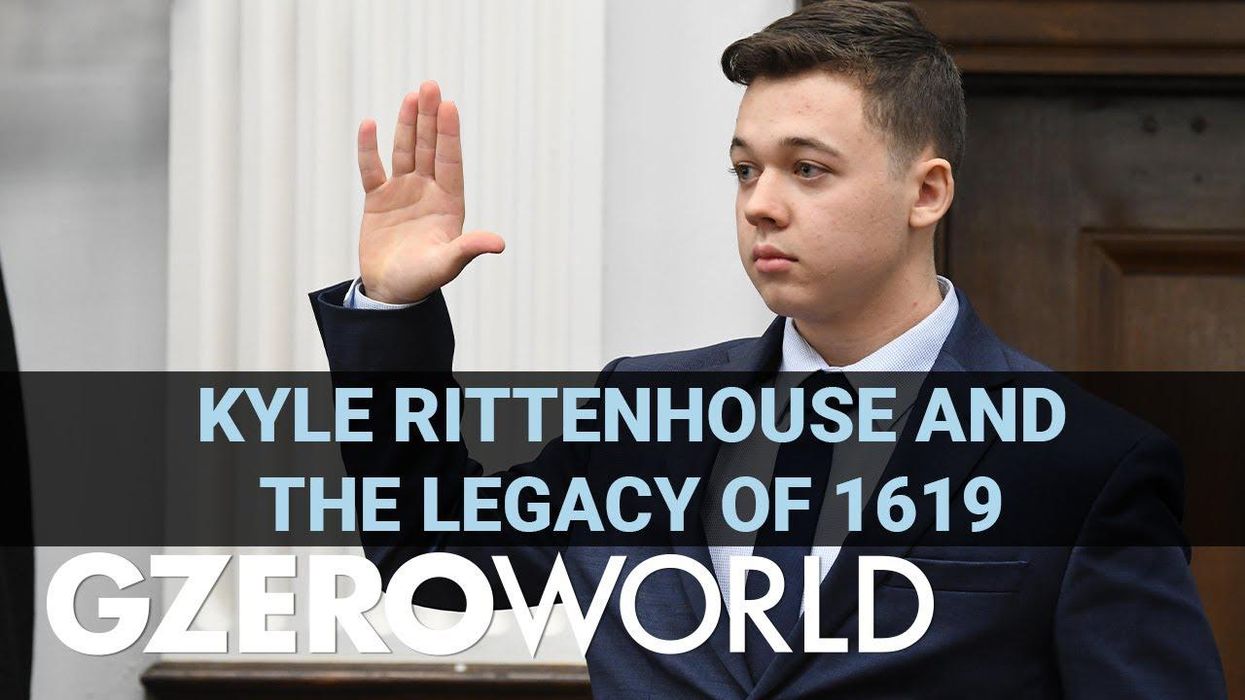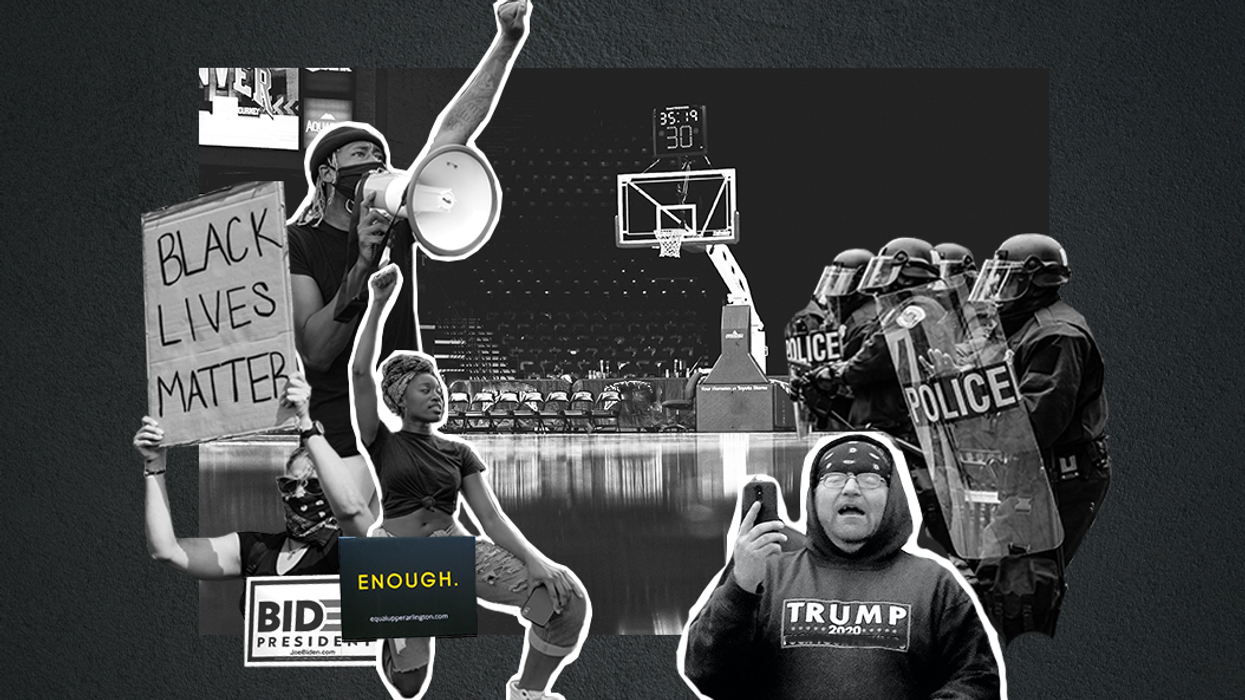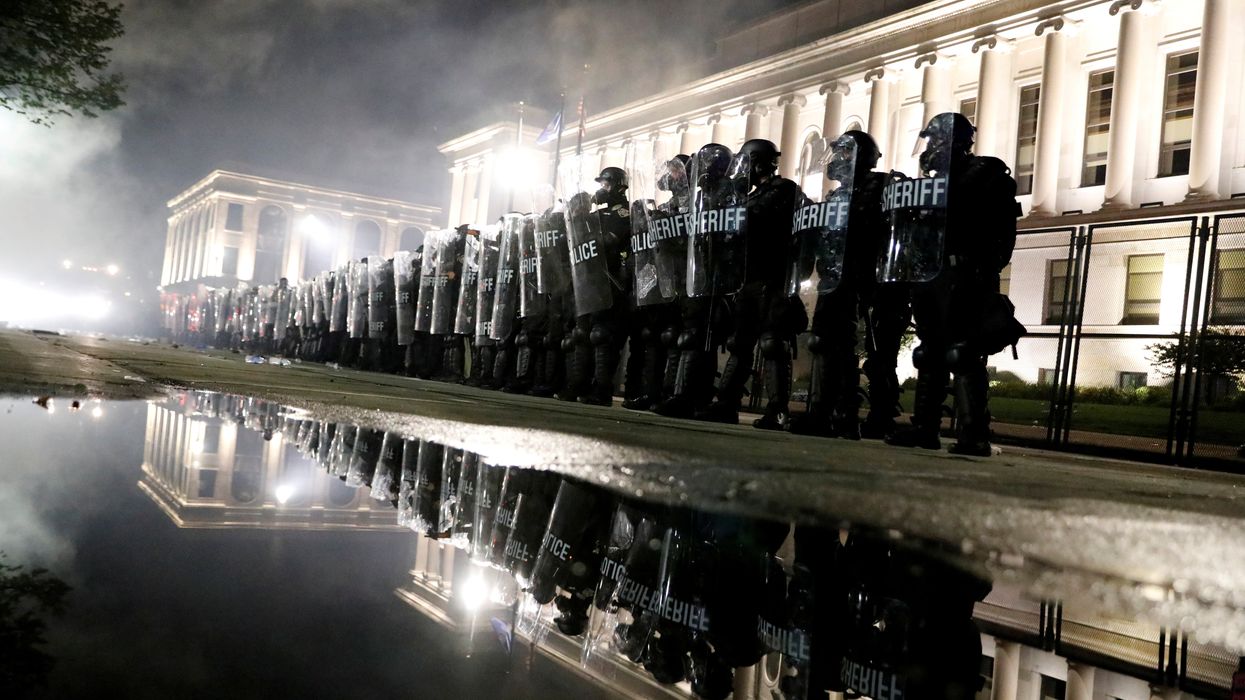GZERO World Clips
1619 Project’s Nikole Hannah-Jones on the Rittenhouse verdict
When Kyle Rittenhouse was acquitted on all counts, Pulitzer Prize-winning journalist Nikole Hannah-Jones, who created the "1619 Project" tweeted: "In this country, you can even kill white people and get away with it if those white people are fighting for Black lives. This is the legacy of 1619."
Nov 23, 2021



